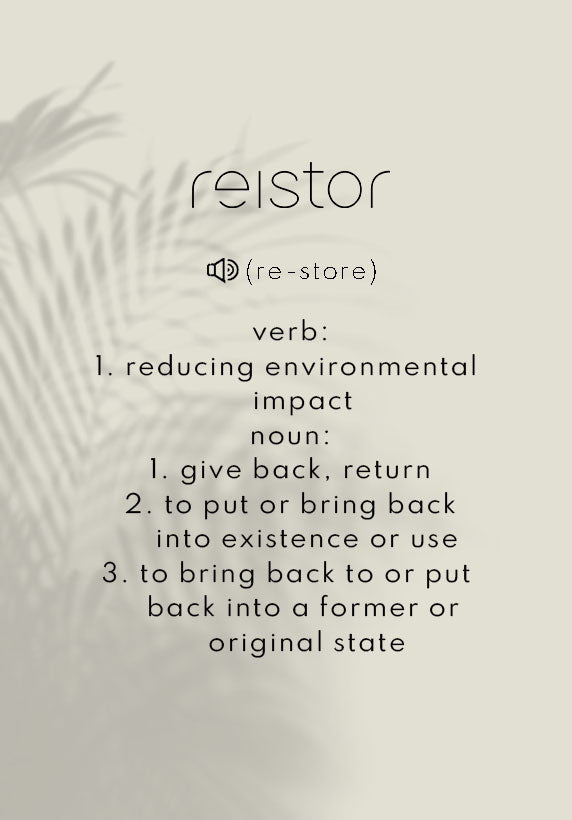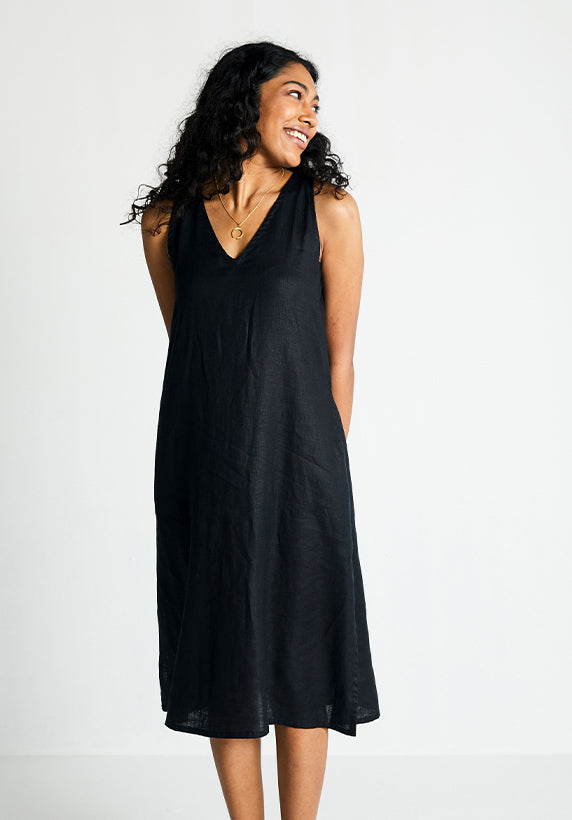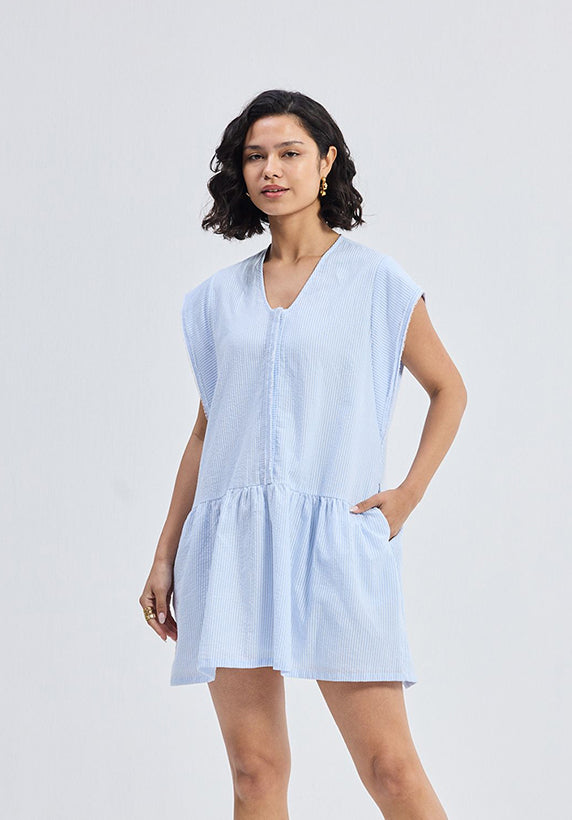At Reistor, sustainability means taking responsibility: for people, the planet, and every step between yarn and garment.
We’re deeply involved in our production process, ensuring complete visibility and accountability, from fabric sourcing to finishing. Our goal is to create fashion that’s as kind to the earth as it is to the people who make it.

People: Ethical and Empowered Workplaces
We believe that fair work and human dignity form the foundation of sustainability. All our partner facilities adhere to international labor standards guided by the Labour Department of Maharashtra and the Ministry of Labour and Employment, Government of India.
Our labor code includes:
-
No child labor or forced labor
-
Safe, hygienic working conditions
-
Fair and living wages, always above local minimum wage
-
Equal opportunity and zero discrimination on the basis of gender, caste, or religion
We carry out quarterly compliance checks and supplier self-audits to ensure continued adherence to our code.
Through our partnership with Srujna, an NGO supporting women’s economic independence, we help provide training, skill development, and livelihood opportunities to women from underserved communities.
Currently, over 15-20 women are directly or indirectly supported through our community initiatives, earning fair wages and gaining sustainable employment.

Planet: Measurable Environmental Impact
We are committed to minimizing our environmental footprint through every decision we make.
Our key initiatives include:
Solar Energy: We’ve installed our very own solar-powered facility to run our office and factory, generating 47.232 MWh of clean energy annually and offsetting around 70 tons of CO₂ emissions every year.
Sustainable Fabrics:
At Reistor, every fabric is chosen with care for its comfort, style, longevity, and minimal Environmental Impact.
-
100% Hemp – grown with 80% less water than cotton, pesticide-free, and fully biodegradable.
-
Organic Cotton – certified, low-impact, and GOTS-compliant.
-
Bemberg™ Yarn – made from cotton linter (a byproduct of cotton), biodegradable, and OEKO-TEX® certified.
-
Eco-friendly Modal (95% Modal + 5% Spandex) – derived from sustainably sourced beechwood, soft on the skin, breathable, and biodegradable while offering a comfortable stretch.
-
TENCEL™ Lyocell – crafted from responsibly sourced wood pulp in a closed-loop process that recycles 99% of solvents and water, making it one of the most eco-friendly fibers available.
-
Linen – made from flax, a hardy plant that grows with minimal water and no chemical inputs, giving the fabric its natural texture, durability, and breathability.
Together, these fabrics form the foundation of our collections. They are stylish, breathable, lightweight, comfortable, and as gentle on the planet as they are against your skin.
Low-impact Dyeing: We use AZO-free and Blu Sign-approved dyes reducing chemical waste by up to 60%, compared to conventional methods.
Water Management: Our partner dyeing units are equipped with Effluent Treatment Plants (ETPs) for 100% wastewater treatment and reuse.
Waste Minimization: Fabric offcuts are reused for accessories, trims, or recycled material blends. Our packaging is 100% plastic-free, made from recycled paper or cloth bags.
Process: Transparency from Yarn to Garment
We maintain end-to-end visibility across our production chain. Each collection is traced from fiber sourcing to final stitching, ensuring all materials and processes meet our sustainability standards.
Our approach includes:
-
Working only with certified suppliers and mills that meet GOTS, OEKO-TEX®, or similar environmental and social certifications
-
Conducting regular supplier audits and traceability documentation for all raw materials
-
Producing in limited, need-based batches to reduce overproduction and textile waste
-
Continuous R&D in low-impact fabric innovation, exploring plant-based fibers and circular design practices
Our Ongoing Commitment
We recognize that sustainability is an evolving journey, not a finish line. We’re committed to:
-
Publishing annual impact reports starting FY 2025
-
Expanding our solar power capacity to cover 80% of total energy use by 2026
-
Increasing community engagement and training 100+ women artisans through Srujna and partner NGOs
Every Reistor piece is made with care: for you, for the planet, and for the people who bring it to life. From thoughtful design to fair, responsible production, we make sure every step feels good, looks good, and does as little harm as possible.
Read more helpful content - A Brighter Tomorrow: Our Journey with Sustainability and Community





